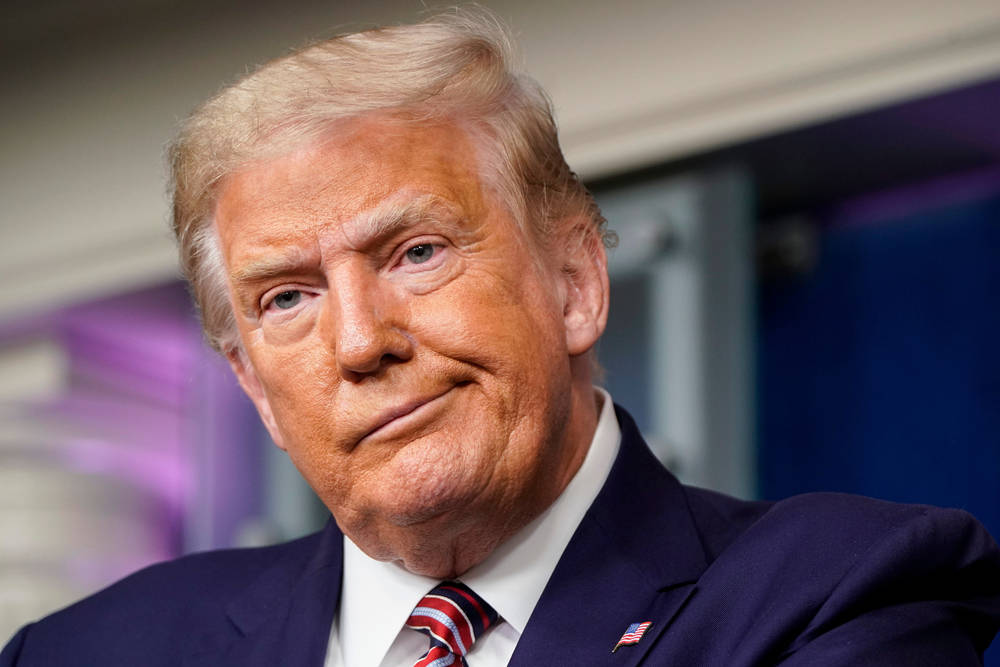
"In some respects, it reflects a modern economic take on Roosevelt's Big Stick ideology, only Trump seems to have ignored the speaking softly bit and jumped straight to swinging his stick like every problem is a piñata with candy inside. Trump need not even swing his stick - all he has to do is make a threat, and those in its path scramble to appease him."
"Many months later, the White House still hasn't pulled the trigger on said tariffs. However, as the Wall Street Journal reported on Friday, that could soon change. The Commerce Department is reportedly weighing whether to require US tech companies to manufacture one chip in the US for every chip imported, or pay a tariff. That tariff, Trump warned last month, could be as much as 100%."
"Last month, the US claimed a 10 percent stake in Intel. The $8.9 billion equity deal drew on previously awarded but unpaid CHIPS Act funds, along with the Secure Enclave program. The congressionally-approved funds had already been awarded to the x86 giant, but only a fraction of them had been distributed when Trump took office. In March, the threat of massive chip tariffs drove Taiwan Semiconductor Manufacturing Co. (TSMC) to bolster its investment in US manufacturing to the tune of $165 billion."
Ending America's reliance on foreign chip fabs remains a high priority for the US, but the current approach relies heavily on threats and coercion rather than incentives. The administration has used aggressive demands, potential tariffs and equity stakes to force concessions from firms. Actions include a $8.9 billion equity claim in Intel using CHIPS Act funds and tariff threats that helped spur TSMC to commit large US investments. The Commerce Department is considering strict manufacturing or tariff requirements, including a potential 100% levy, creating uncertainty and the potential for disruptive consequences for manufacturers and supply chains.
Read at Theregister
Unable to calculate read time
Collection
[
|
...
]